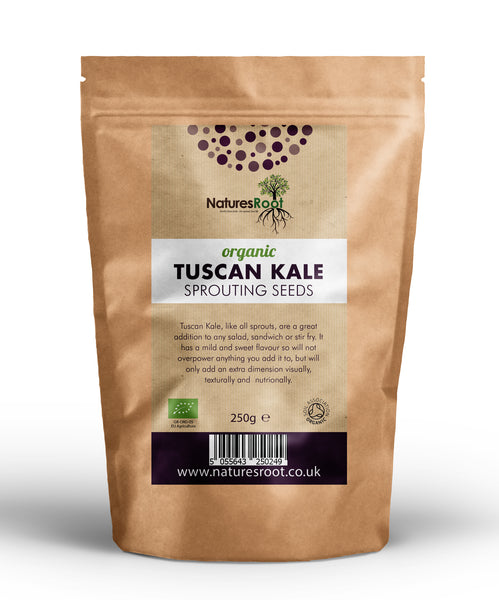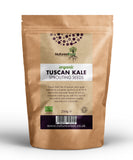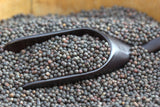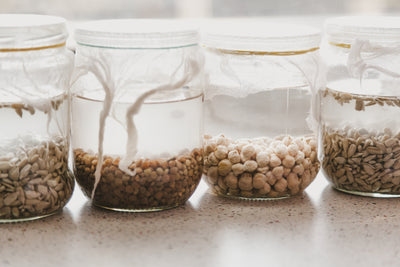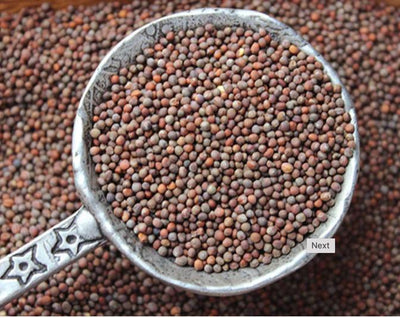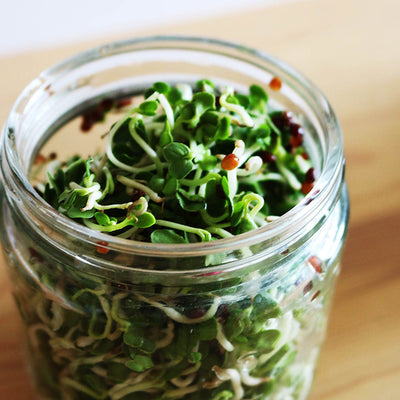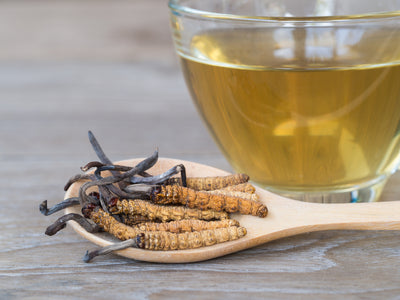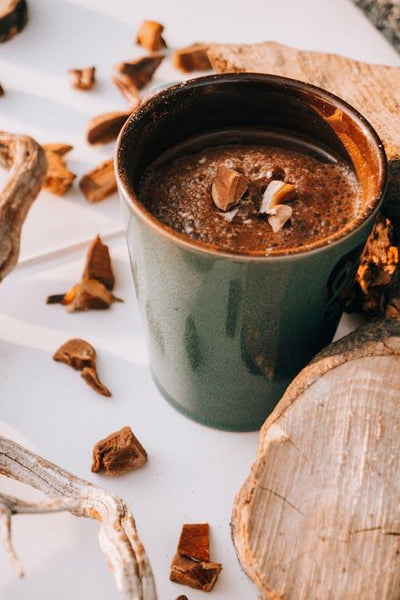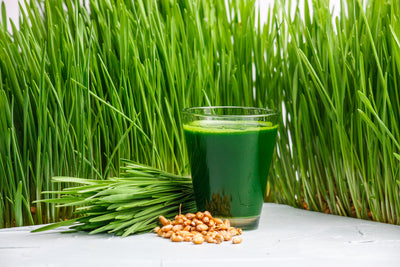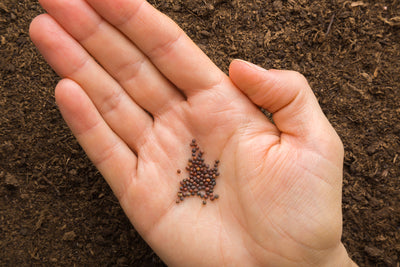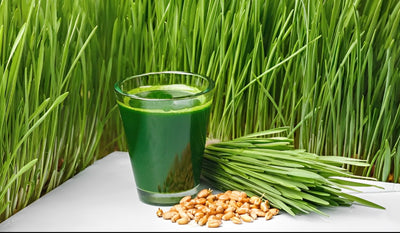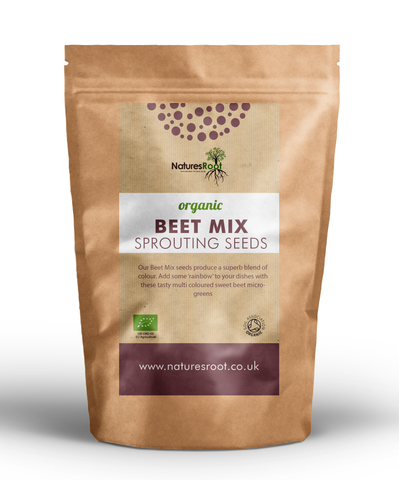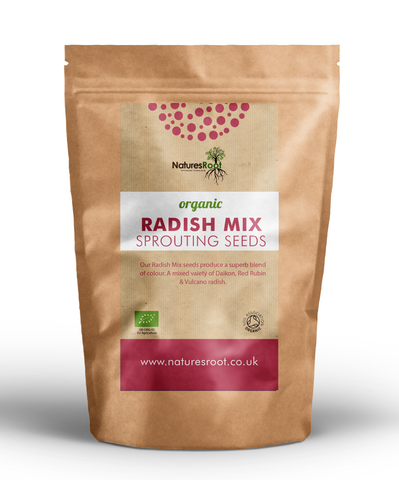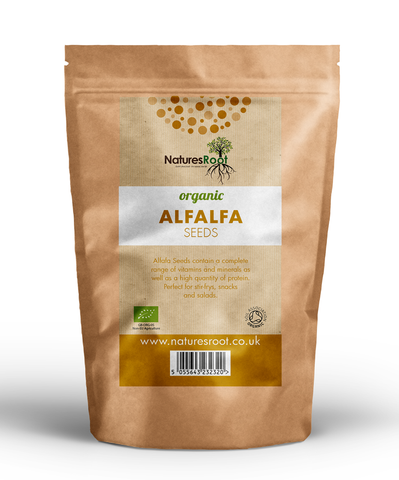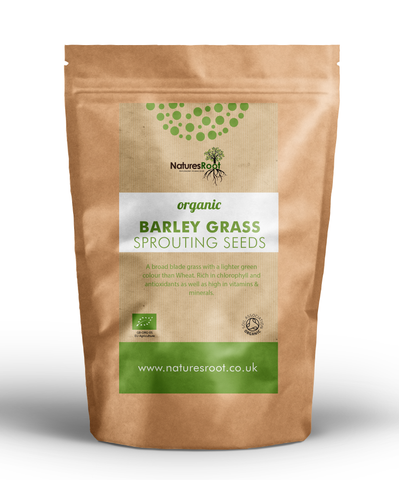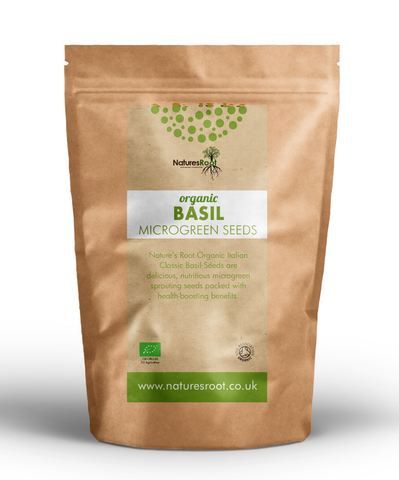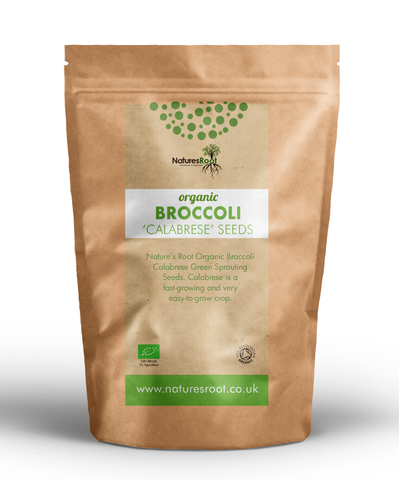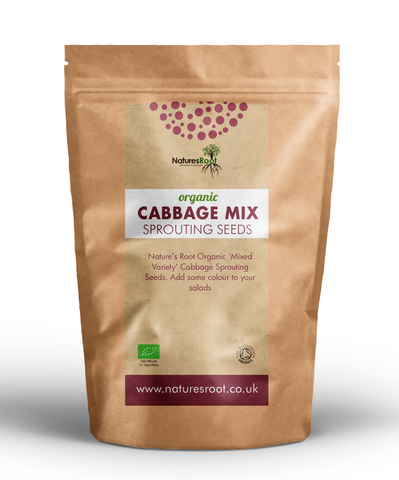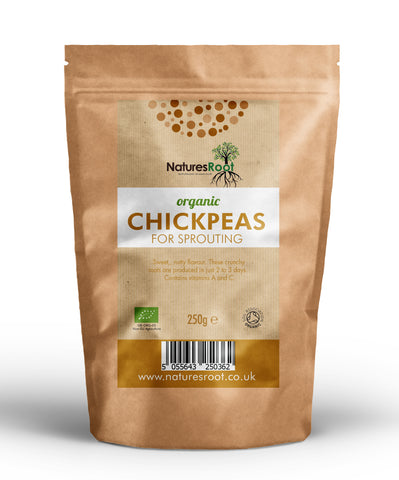Categories
- Ayurvedic Powders
- Cacao Products
- Coconut Collection
- Cooking Ingredients
- Dried Fruits & Berries
- Flavour & Seasoning
- Fruit & Vegetable Powders
- Green Superfoods
- Healthy Sweeteners
- Mushroom Powders
- Nuts, Seeds & Grains
- Protein Powders
- Sprouting Seeds
- Superfood Snacks
- Superherbs & Spices
- Supplements
- Traditional Chinese Medicine (TCM)
Organic Tuscan Kale Sprouting Seeds
Natures Root
In stock
Sprouting Seeds
Natures Root
How to sprout black kale seeds:
- Rinse and soak the kale seeds in clean water for 5-6 hours.
- Drain and rinse the seeds and put them in your sprouting tray or jar.
- Rinse the seeds daily.
- Once the seeds begin to sprout ensure they are getting some light (preferably not direct sunlight) in order to encourage growth.
- The sprouts should be ready for eating within four days.
- Black kale seeds can also be sown as a microgreen.
How to use Black Kale Sprouts in the Kitchen and your cooking
Once the seeds have sprouted sufficiently it is a good idea to drain the sprouts well and try to get rid of any moisture on the surface of the sprout as this will give them a longer shelf (or fridge) life. Some of your sprouts may be more yellow in colour than green - this is because they will not all have gotten access to the same amount of light and thus will not have produced the same amount of chlorophyll (the stuff that makes the leaves go green) but they are just as delcious and nutritious so don't be tempted to discard them - embrace the mix of colours on your plate instead!
Black kale, like all sprouts, are a great addition to any salad, sandwich or stir fry. It has a mild and sweet flavour so will not overpower anything you add it to, but will only add an extra dimension visually, texturally and nutrionally.
Nutritional values and benefits of Black Kale Sprouts:
- Black kale sprouts contain vitamins A, B, C, E and K.
- Kale sprouts are rich in calcium.
- Source of iron, magnesium, phosphorus, potassium, zinc, carotene, chlorophyll, amino acids, trace elements and antioxidants
- Protein: 30-35%
- During sprouting, minerals, such as calcium and magnesium, bind to protein, making them more bioavailable. The content of vitamins and essential fatty acids also increase during the sprouting process.
Related Product Articles
Related Product Articles
Related Products
from £4.75
from £3.50
from £9.99


